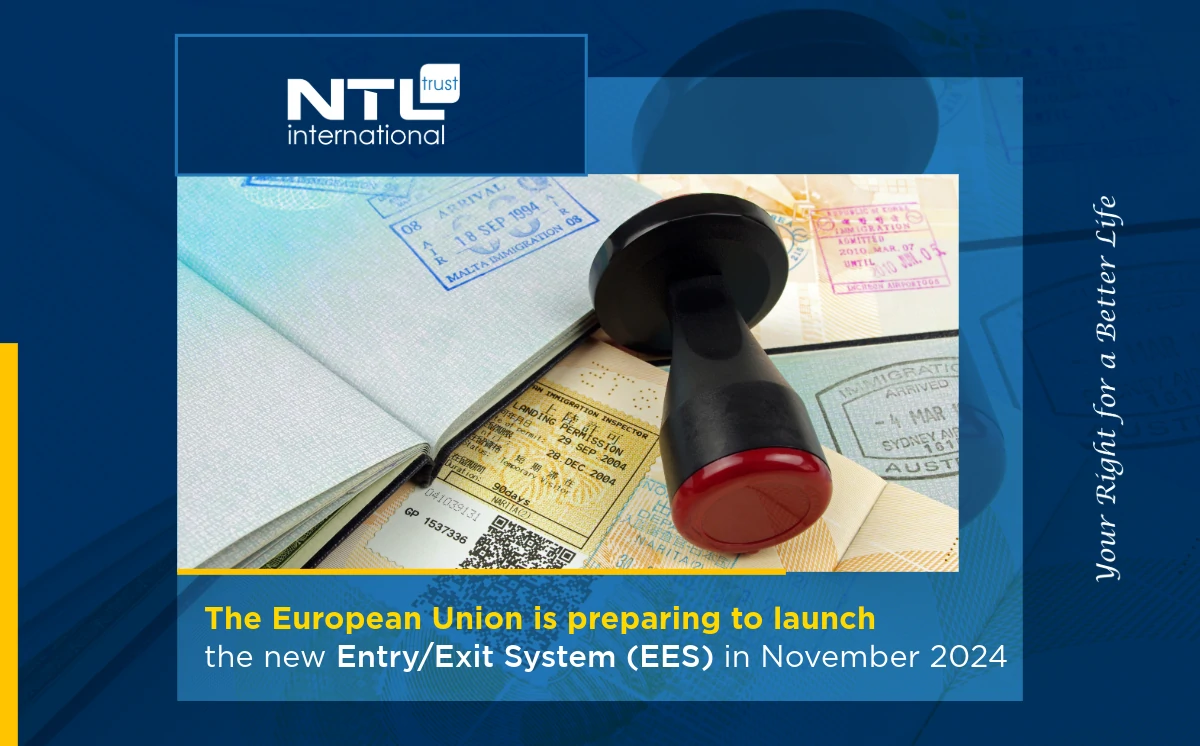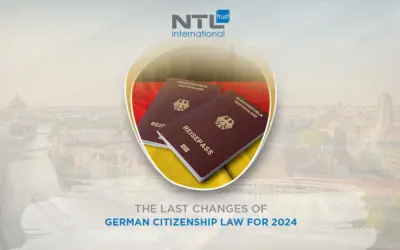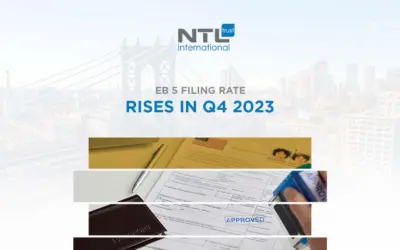
The EU plans to implement the Entry/Exit System (EES) for non-EU citizens starting November 10, 2024. This digital system will replace traditional passport stamps, with travelers’ data recorded electronically upon entering or leaving the Schengen Area. The EES aims to ensure visitors stay within the allowed 90-day stay within 180 days.
The EES will start in November:
Travelers will need to provide fingerprint and facial biometric data during their first entry. Subsequent crossings will be easier, requiring only a passport scan at a self-service kiosk to verify identity. Travelers will also need to register online for free before traveling to the EU.
However, concerns have been raised about potential travel delays due to the new system (EES). The European Commission has proposed a gradual and flexible implementation to reduce waiting times.
This change coincides with the expected launch of the European Travel Information and Authorization System (ETIAS) in 2025, which will require visitors from 60 visa-exempt countries to obtain an entry permit for a fee of €7, valid for three years.
With these changes ( EES), passport stamps may become a thing of the past, raising questions about the loss of personal touch in travel as we move further into the digital age.
5 Key Before Obtaining a Second Passport
Get to Know Tips for Obtaining a Second Passport, 5 Tips Every Investor Should Know.
4 New Amendments to the German Citizenship Law for 2024
German Citizenship law has issued many changes in 2024
EB-5 Program Applications
The Statistics in the Q4 of 2023 related to EB-5 Program Applications
The 2023 tally of the number of people who obtained Malta citizenship
Malta Citizenship requests are increased in March and May
CARIFTA Games in Grenada 2024
On 30 March 2024 CARIFTA Games Opening its 51th edition in Grenada





